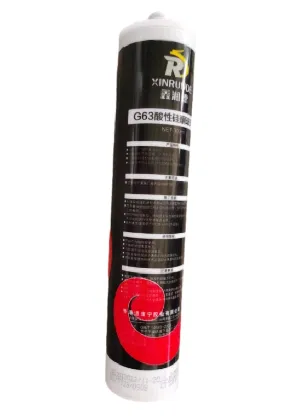Safe handling and personal protective equipment (PPE) guidelines are also outlined in the MSDS. Users are advised to wear appropriate PPE such as gloves, goggles, and masks when handling the disinfectant. This is to minimize any risk of skin irritation or respiratory issues that may arise from inhaling fumes. By following the safety precautions listed in the MSDS, veterinary staff can reduce the likelihood of accidents and ensure a safer working environment.

